Porsche applies flexi-line production for Taycan
Porsche is building a ‘factory within a factory’ at its Zuffenhausen for the Taycan. The electric wave is hitting the automobile sector, and hitting it hard at that. What kick-started with Tesla has spread to other car makers also focusing their energies on electrification.
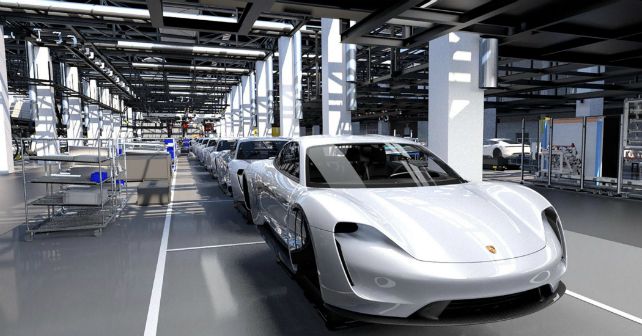
Porsche is building a ‘factory within a factory’ at its Zuffenhausen for the Taycan
The electric wave is hitting the automobile sector, and hitting it hard at that. What kick-started with Tesla has spread to other car makers also focusing their energies on electrification. A few months back, Porsche unveiled the Taycan – their first fully electric offering. In fact, the company went a step ahead and announced that from 2025, nearly 50 per cent of all Porsche models delivered will be electrified. Of course, this paradigm shift comes with huge investment demand and substantial staff training. And to ensure maximum efficiency in production, Porsche is planning to build a ‘factory within a factory’ for the Taycan.
The Taycan demands a €6 billion investment for the German brand and has created more than 1,200 new job opportunities. All of this, while creating a factory within a factory for the production of the Taycan. This assembly line will be equipped with a new Automated Guided Vehicles (AGVs) system that allows parts to be moved around the factory without the use of conveyor belts. This is a new flexible approach to producing vehicles that will allow Porsche to restructure the assembly line as per demand.
Albrecht Reimold, Member of the Executive Board responsible for Production and Logistics, explains: “By applying flexi-line production, Porsche will become the first vehicle manufacturer to use driverless transport systems in a continuous series production process.” This new method of production will give Porsche the best of both worlds – using the tradition principle of continuous production and at the same time reaping the benefits of flexible assembly. It will also allow an increase in the number of work cycles and still utilise the same amount space – talk about efficient working methods. Amidst all of this, Porsche will also go carbon neutral in producing the Taycan and aims to be a zero-impact factory in the time to come.
As far as the Taycan itself is concerned, Porsche promises the most advanced battery technology till date. The 800V architecture charges to a range of 100 kilometres in just four minutes.
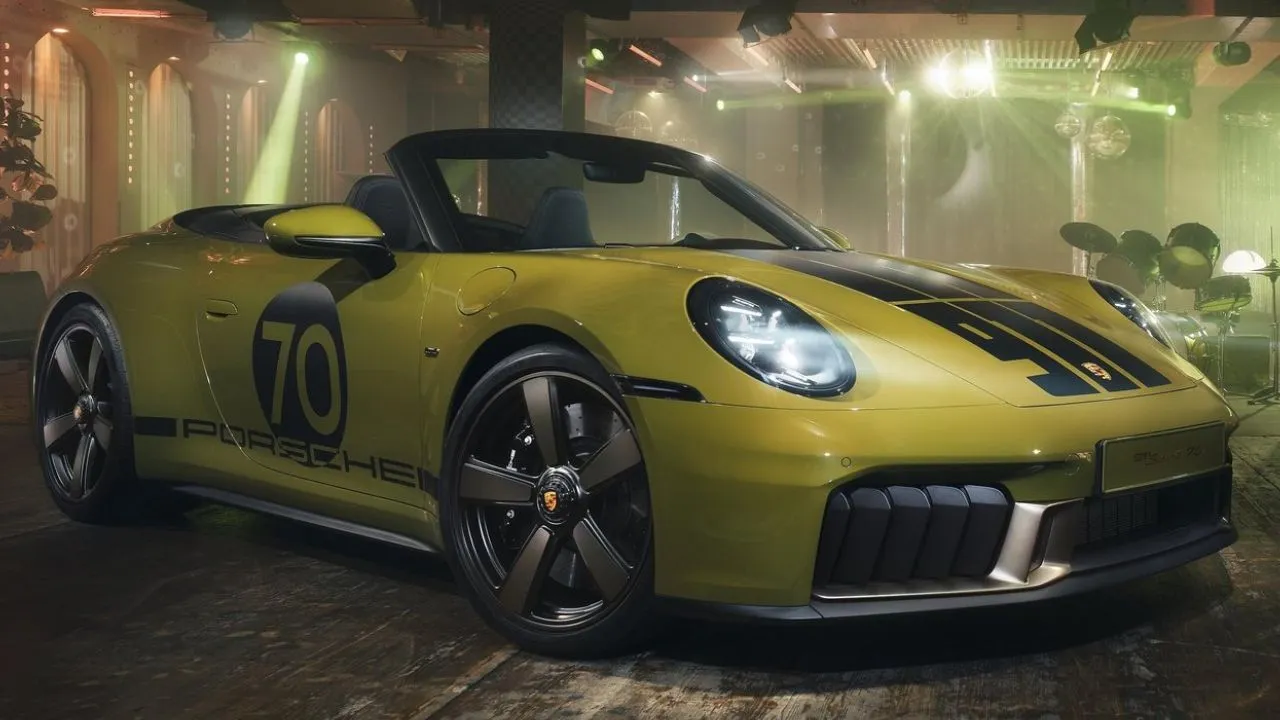
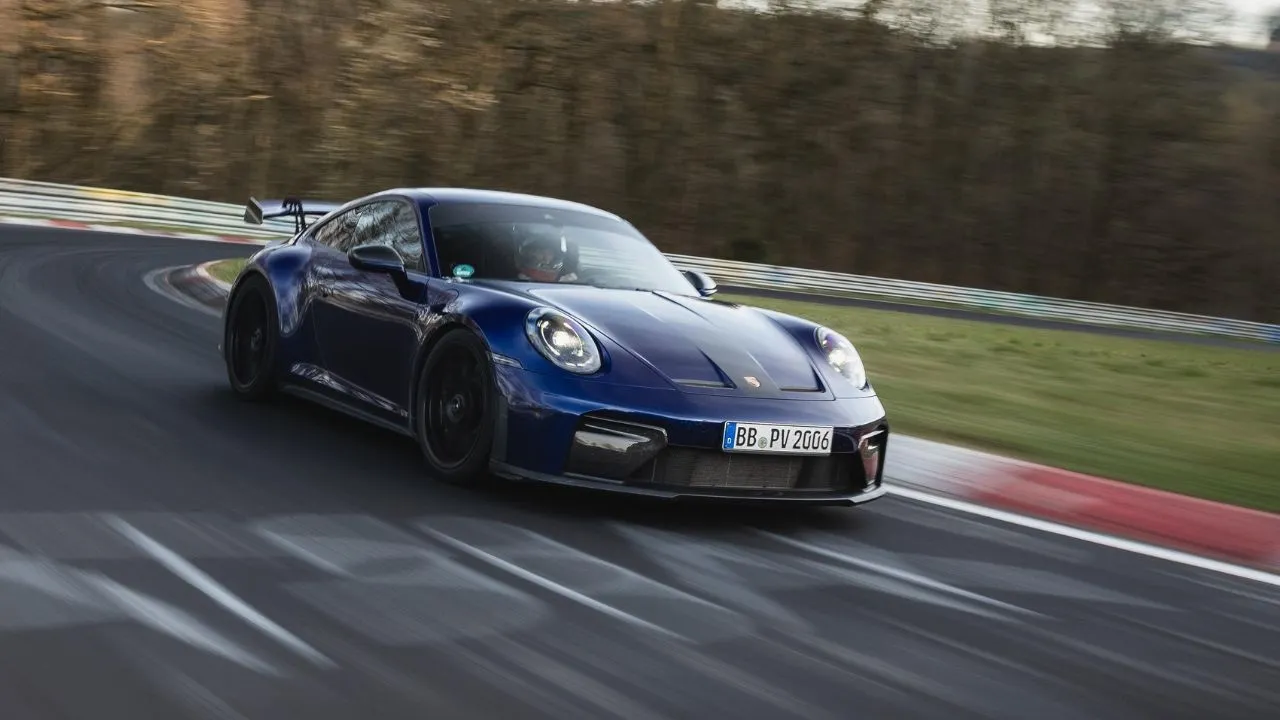
.webp)
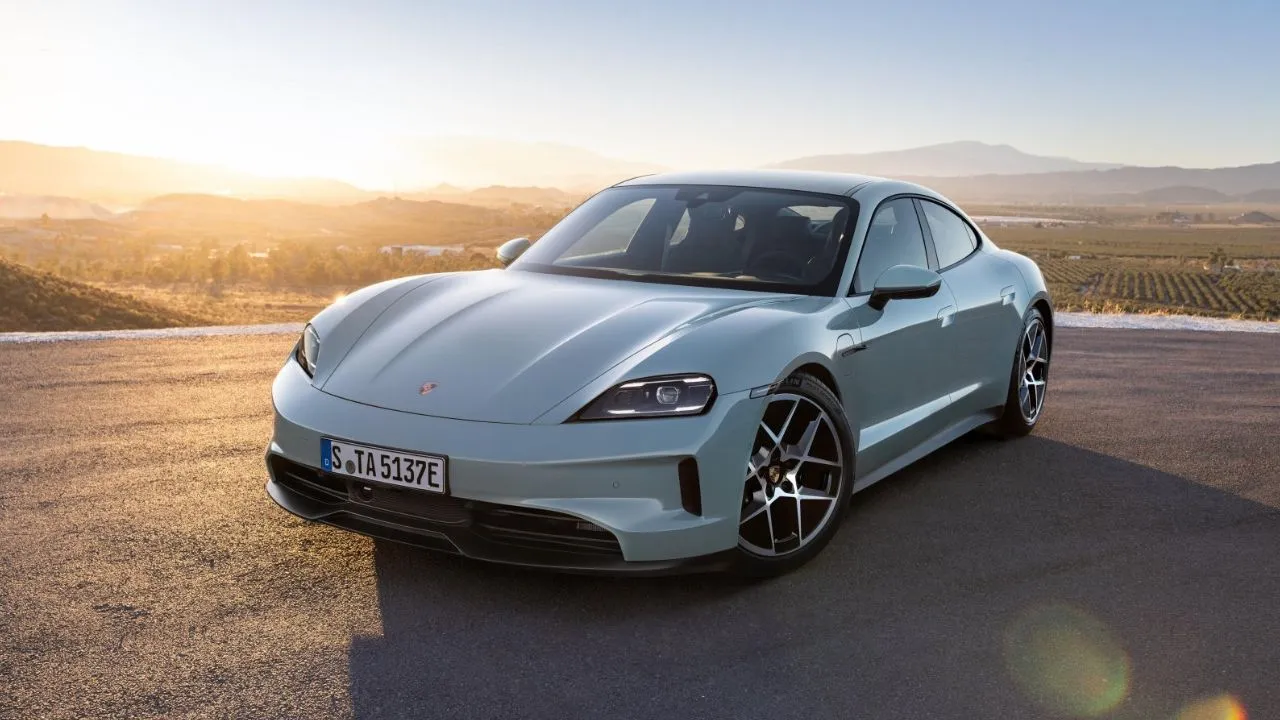
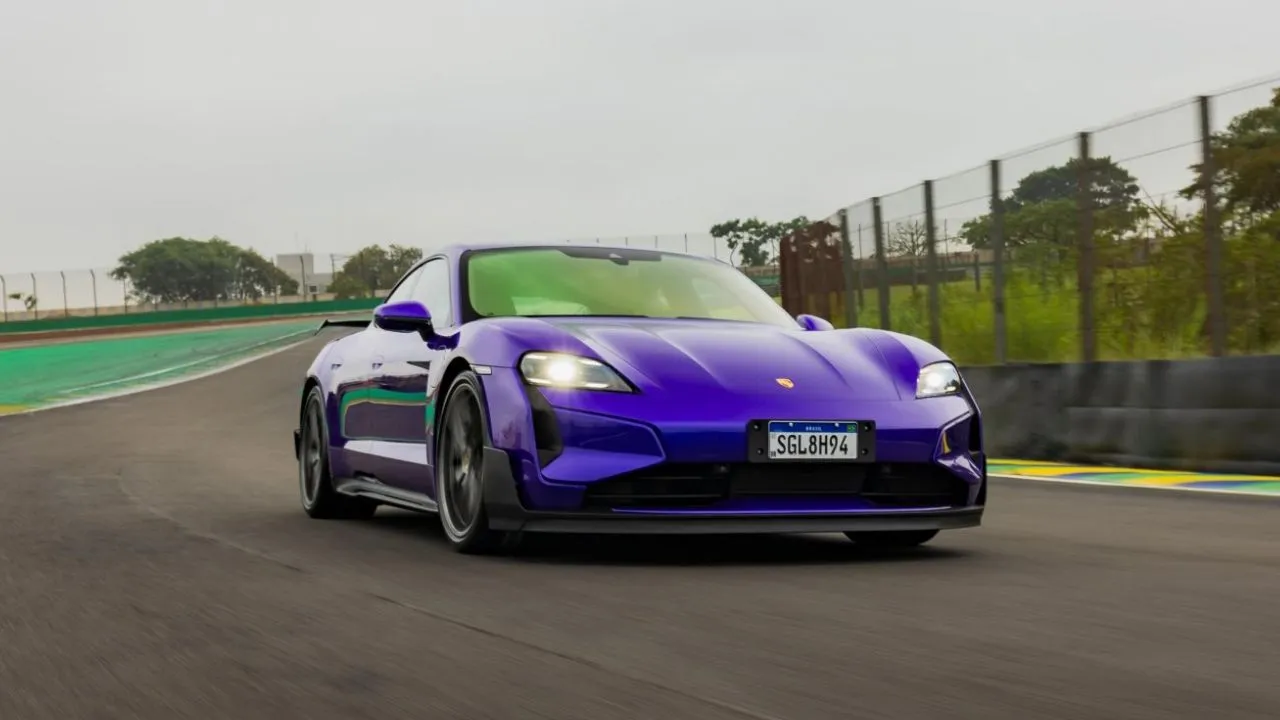
.webp)
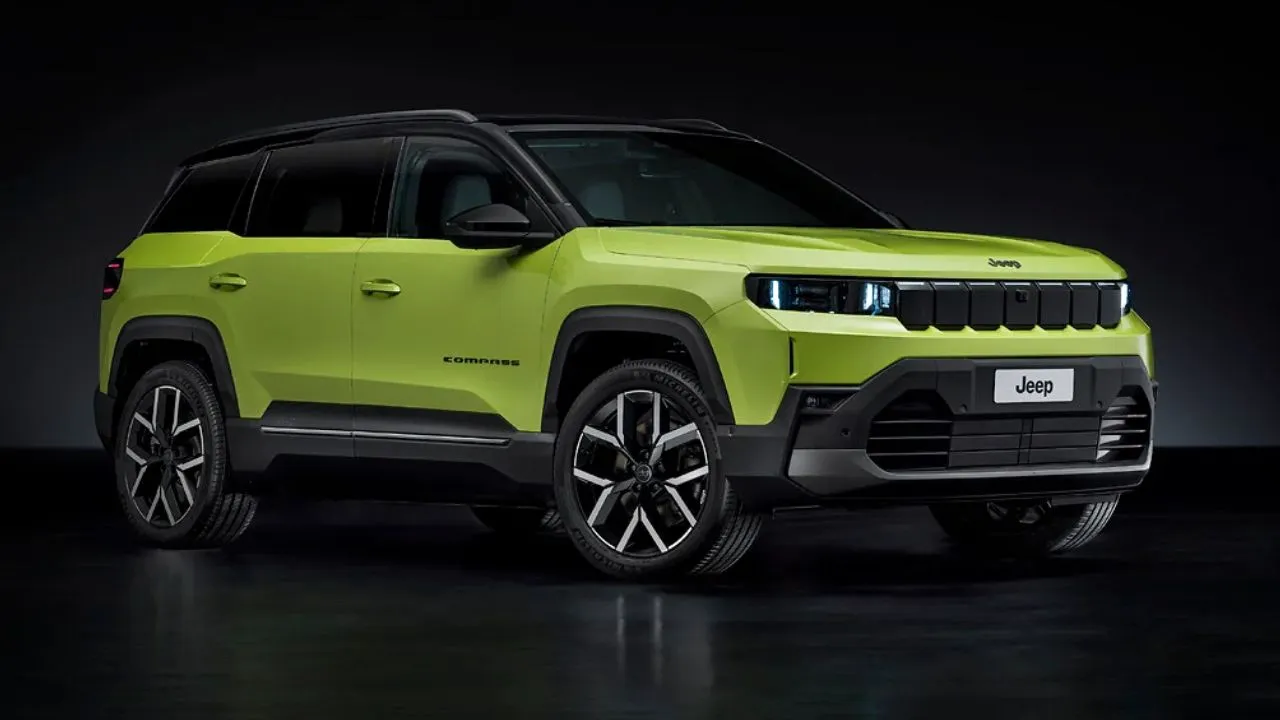
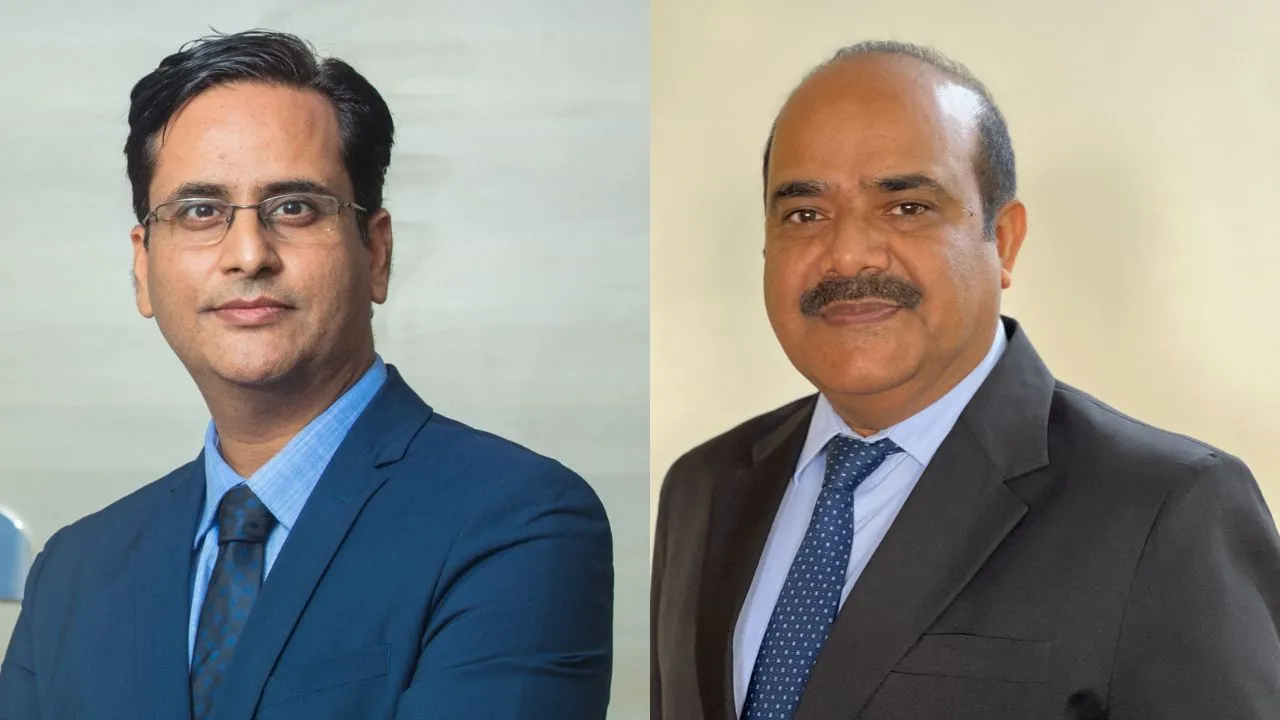
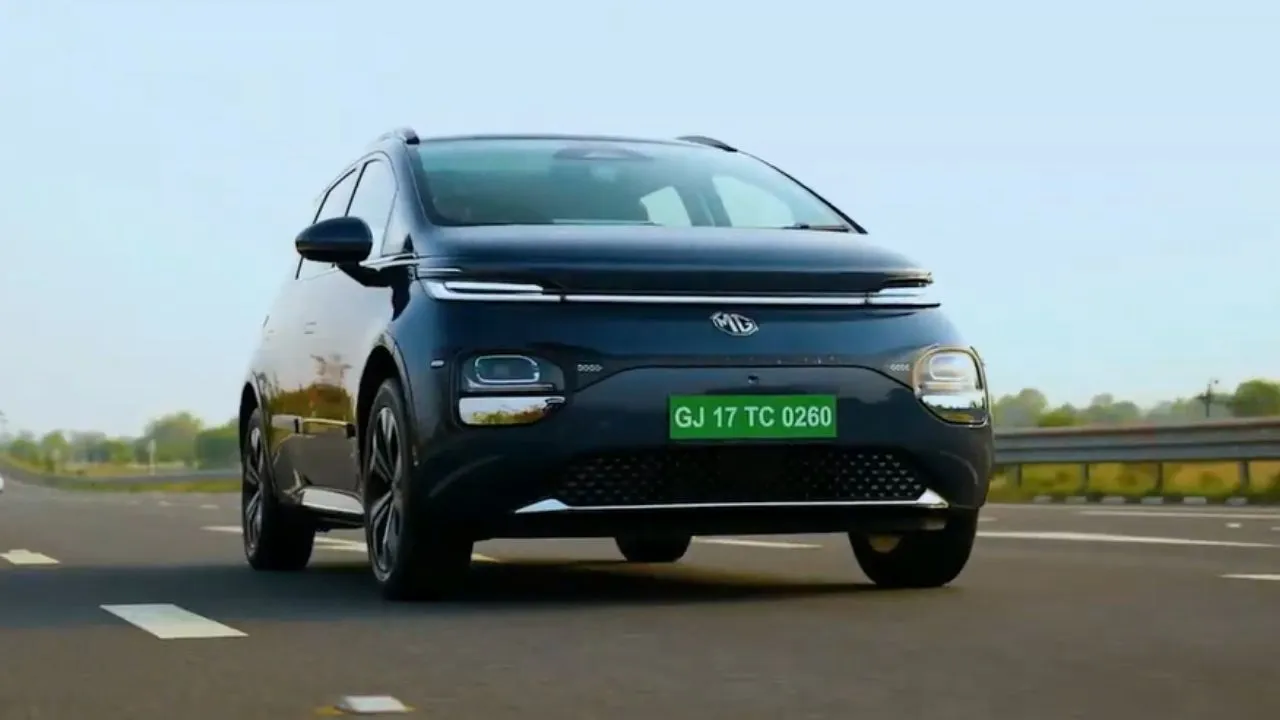
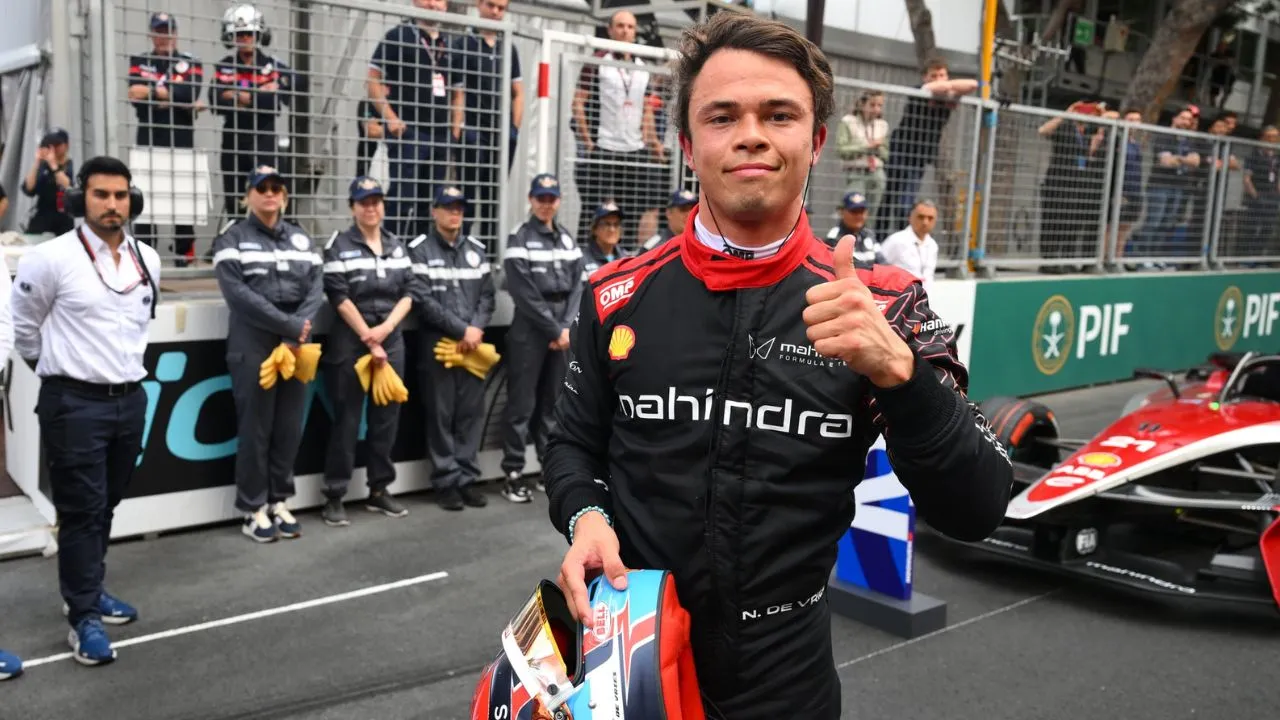
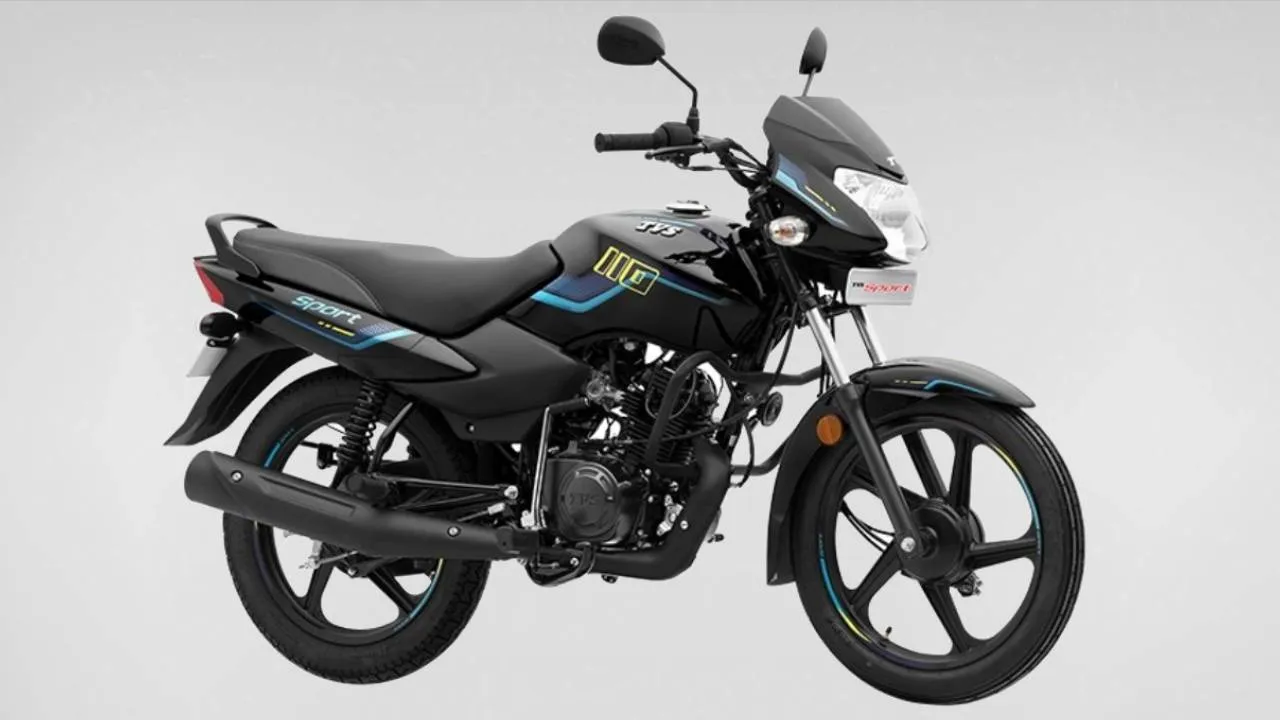
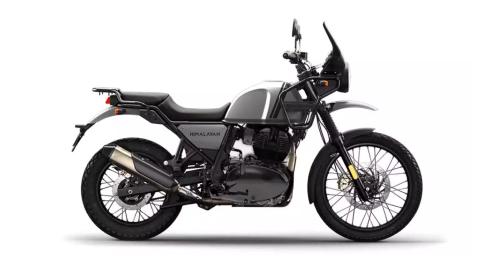
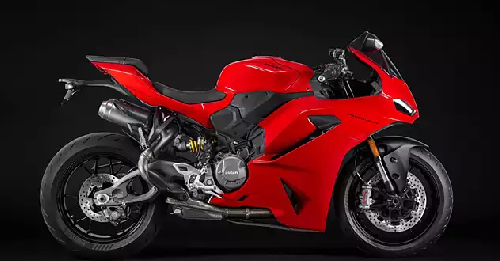
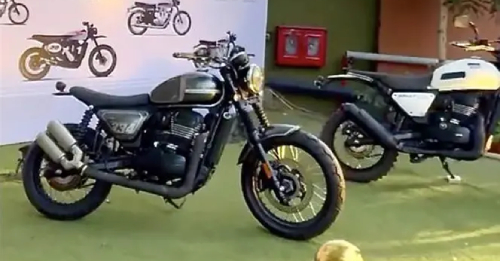
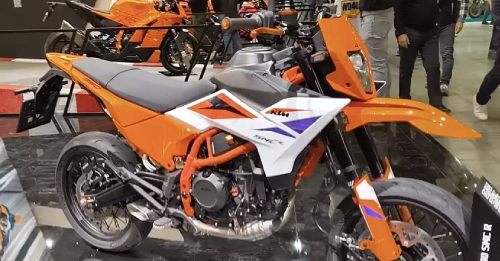
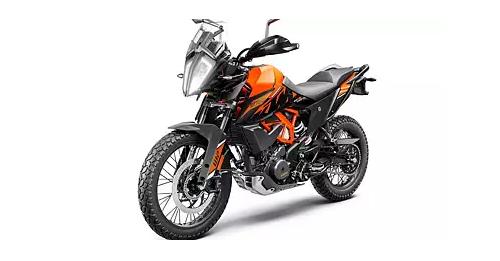






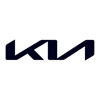


Write your Comment on